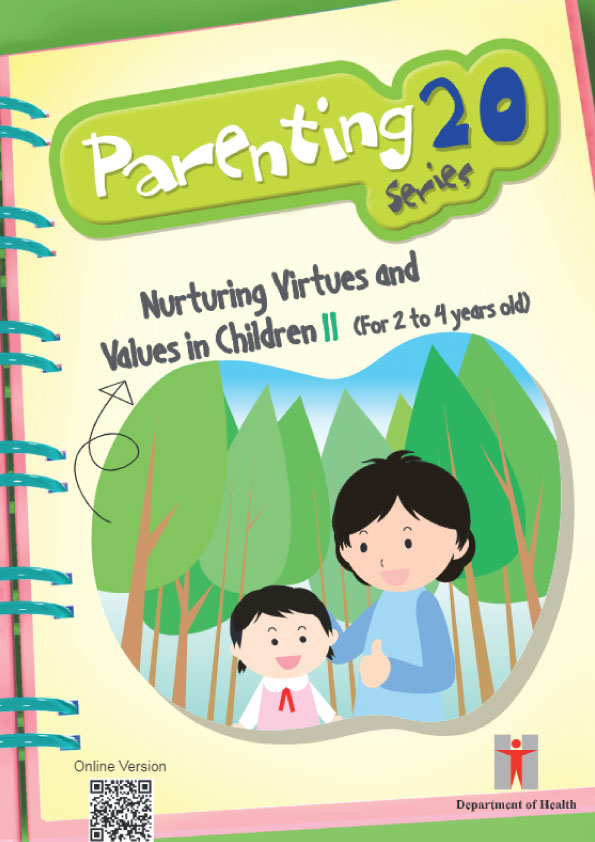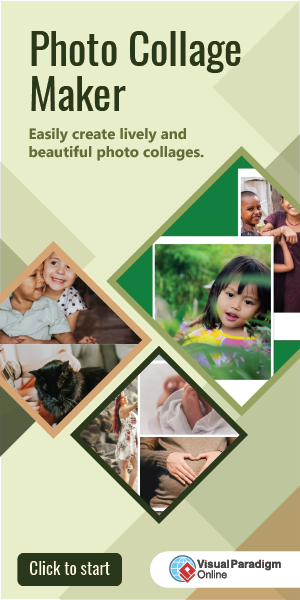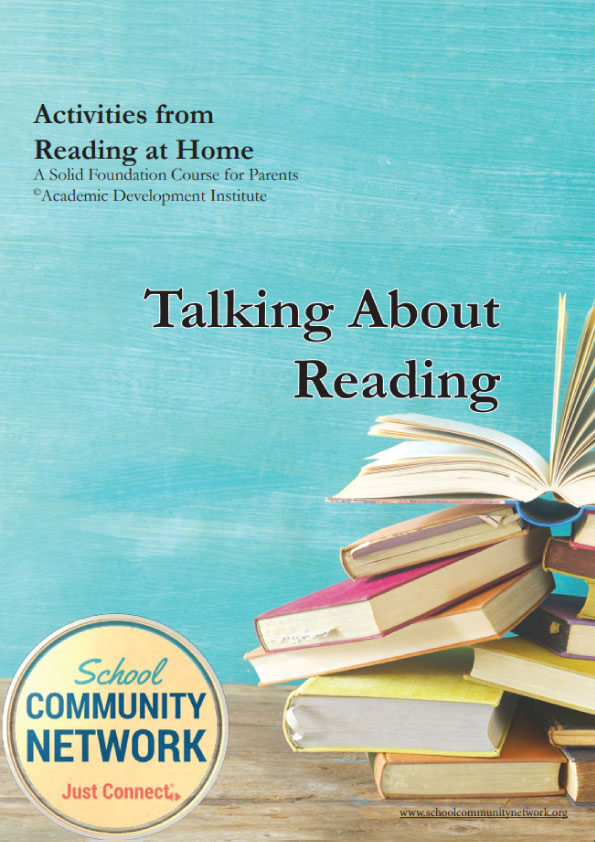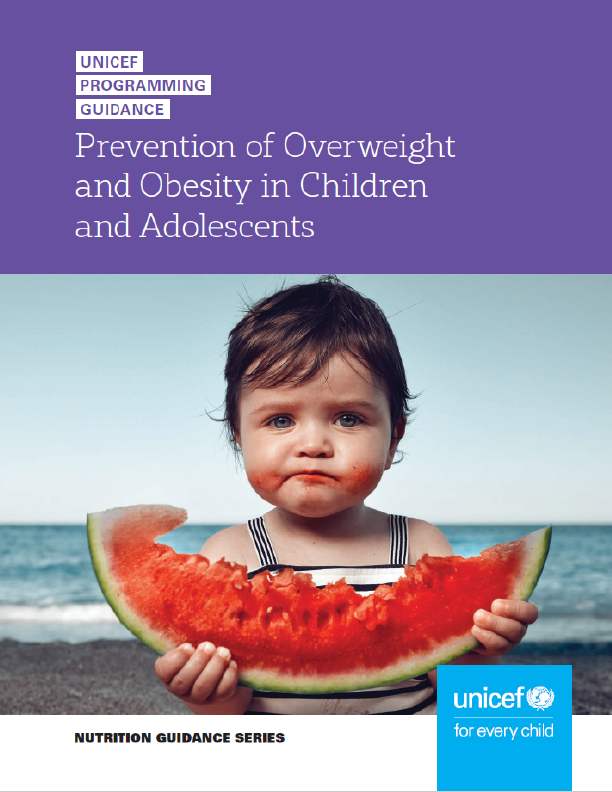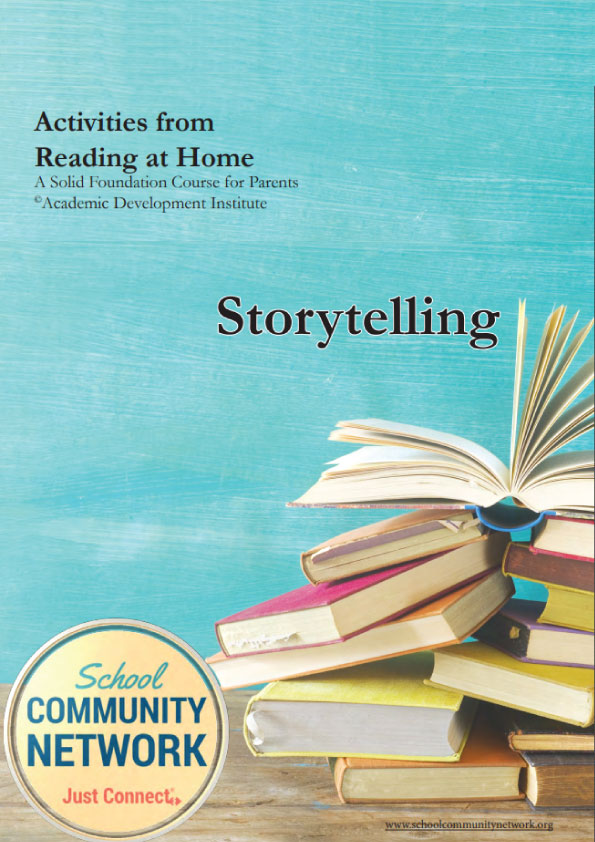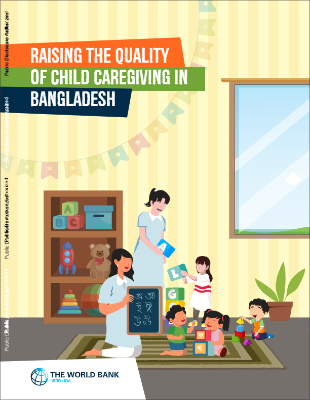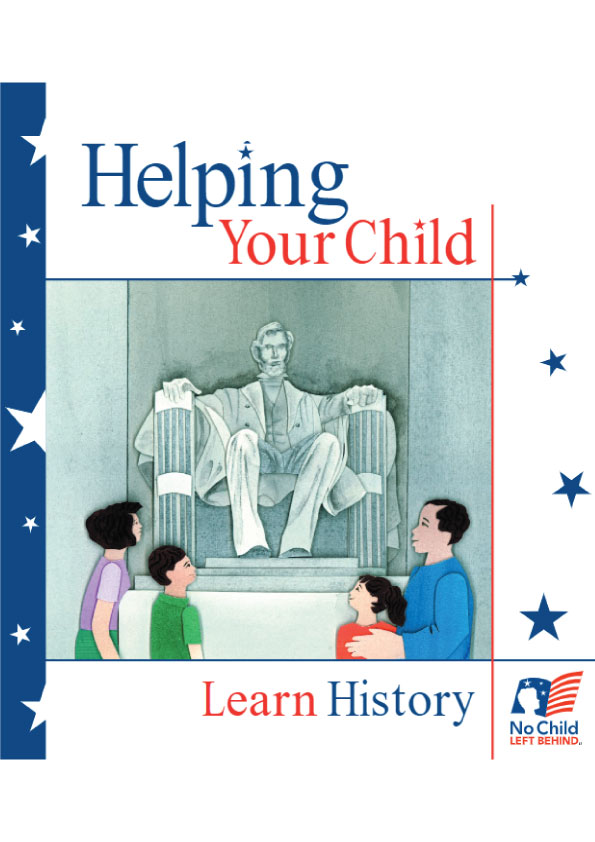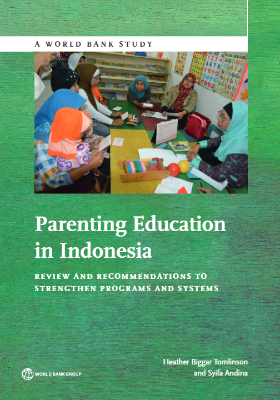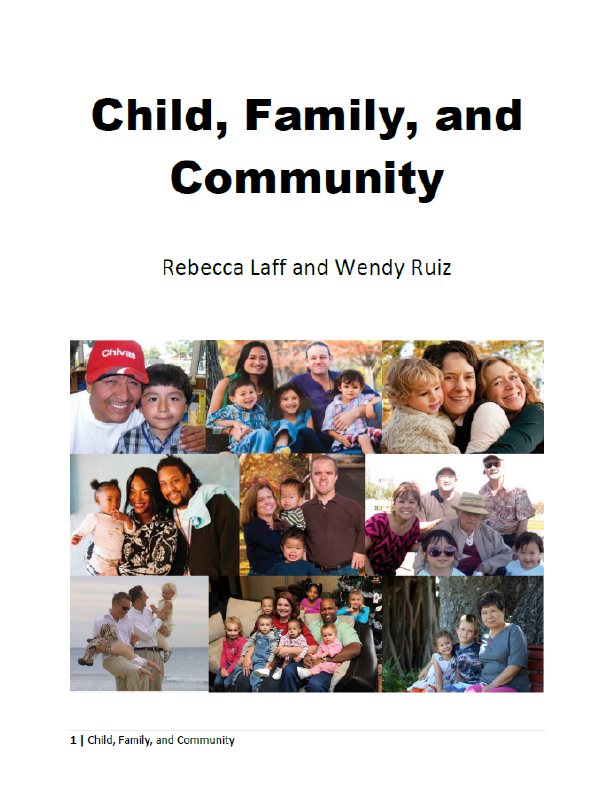Part II and Part III of Nurturing Virtues and Values in Children aim to give some ideas on how to apply the ‘6R1O’ strategies explained in Part I on cultivating values and virtues in preschoolers.
This leaflet introduces some important virtues that can be nurtured from around two years of age onwards:
- Kindness – To be sensitive to and acknowledge others’ needs
- Care – To feel, have concern for and contribute to the good of others
- Sharing – To let others enjoy what you have with you
- Cooperation – To have everyone participates and helps to achieve a task or goal.
- Respect – To recognize and accept an individual’s worth and rights.
Think
Do you agree that the above virtues are important for your child?
If you agree that they are important, the following passages will illustrate ways to foster these in your child, or you may use the strategies explained in Nurturing Virtues and Values in Children Part I to foster other values of your choice.
Developmental Stages Matter
Take into account the child’s intellectual ability when cultivating values in him as children learn through different means at different development stages.
- As an infant, your child will imitate your action even before he understands the meaning of it. So be a good role model for your child.
- After one year of age, when he can follow your instruction, begin by teaching him to perform something straight forward, such as asking him to say ‘good morning’ to others to show his respect or to put small change in the donation box to show his care to the needy.
- When he reaches two, he may begin to learn values that require him to think in another person’s shoes.
- The ability of taking another person’s perspective is more developed from age four onwards. Values like respect and caring would then mean more than simple action. Your child may feel for others, take the initiative to act on what he thinks are right, or even challenge what the adults do. So it’s important for you to be a good model and uphold your own values in front of your child.
Empathy Building as the Cornerstone
The basic quality upon which the essential values of kindness, care, sharing and respect can be built is empathy. Empathy means feeling for others. Forming a positive relationship with your child from infancy lays the foundation for empathy to develop. How can parent and child form a positive relationship? By showing affection to your child, responding promptly to her needs, praising and encouraging her for her efforts. By doing so, she will learn to respond with positive emotions and to feel for others. When you communicate with your child, try to:
- Be a model in feeling for your child and the people around you.
- Give your child physical attention such as hugs and smiles to show your affection to her.
- Try to feel for your child. Describe how she feels and respond promptly to her emotions and needs, e.g. ‘I can see you are brooding. Is there anything bothering you, dear?’
- Show her how to care about others by behaving so yourself in your daily life, e.g. open the door for someone who is carrying shopping in his hands, help your old neighbour to run small errands.
- Help your child recognize and express feelings appropriately.
- When reading a story or watching a video, draw her attention to the feelings of the characters and talk with her about them.
- Label and explain your own positive feelings for her when you are experiencing them e.g., ‘happy’ when going out for a trip, ‘relaxed’ after finished all the chores, ‘content’ after having a nice meal, etc.
- Label and explain your negative feelings but be careful not to overburden her. Choose some that you can handle emotionally and that are not related to the child, e.g. ‘upset’ for being caught in a traffic jam, ‘disappointed’ when it rains while you go out for a walk in a park.
- Describe feelings in her and in others with the possible reasons behind.
She will gradually learn to talk about feelings in words when she knows the vocabulary.
- Build up your child with sensitivity to the feelings of others.
- Draw her attention to insensitive behaviour, e.g., ‘Laughing at Ron when he tripped over makes Ron feel bad.’ Lead her to take another person’s perspective by asking how she would feel if she were in the same position as the other person, ‘How would you feel if Ron laughs at you when you trip over?’ Then ask how she would like to be treated instead. ‘What would you like Ron to do to you instead?’
Fostering Kindness and Care
- Show concern to people and animals around us and guide your child to do so, such as sending regards to grandma over the phone regularly, caring for playmates, or taking care of the pet.
- Give donations yourself to people in need and guide him to keep a small saving from his pocket money for donations.
- Do volunteer work with your child to show concern for people in need.
- Point out to him that sharing and giving can be as happy as receiving when you see the effect on the receiver.
Think:
What values do you want to cultivate in your child?
You’ve spent a tiring afternoon shopping with your child and you are getting aboard a MTR train heading home. You see an empty seat and your child is dashing towards it. While you’re pleased that your child is so fast in taking a seat for you, you see an elderly lady standing nearby. What’s your reaction? What will you do?
Encouraging Sharing and Cooperation
- At home, show your child the joy of sharing food or properties among family members.
- Teach her how to follow rules and take turns if sharing is impossible.
- Praise her for following the rules and getting on peacefully with siblings and peers.
- Whenever conflicts arise, step in only when you think it is necessary. Guide young children to stop the fight and talk about what they should do. For older children, use the induction method to discuss consequences and alternatives with them, e.g., ‘if you fight for the toy with Sally, what will happen?’ ‘Yes, you will end up fighting and both of you will turn the fun time into a battle. And the game will be over’ You may go further to lead the child to think about alternative solution, considering the welfare of all parties, ‘What will you do if you do it differently?’
Building Respect
Teach your child how to recognize and accept other people’s worth and rights by being polite, taking notice of their feelings and needs, and appreciating differences in people. Only when you practise with him at home that he would do the same to others in public.
- Be friendly and polite, e.g., say ‘good morning’, ‘thank you’ or ‘excuse me’ to people.
- Show him how to take notice of others around us such as waiting until the other persons finish speaking before his turn to talk; speaking softly in public because we should not cause a nuisance to others; asking for permission before touching or using other’s property.
- Living in a world of many differences, the child should learn that every person is different and we have to respect differences including appearance, belief, culture and ethnic origin. Find out more about minority populations e.g. ethnic groups or people having different types of disabilities to ease our unnecessary fear or prejudice. Appreciate the uniqueness and beauty in different people. Discourage hatred and prejudice by being aware of our thoughts and acts, e.g. calling other ethnic groups names is being disrespectful. Point out to your child what he would feel if the same thing were to happen to him, and what we should do instead.
Think:
What values do you want to cultivate in your child?
You learn that there is a new comer, Fred, in your child’s class who is an autistic. Your child also tells you that Fred often screams and does not listen to the teacher. How will you react?
